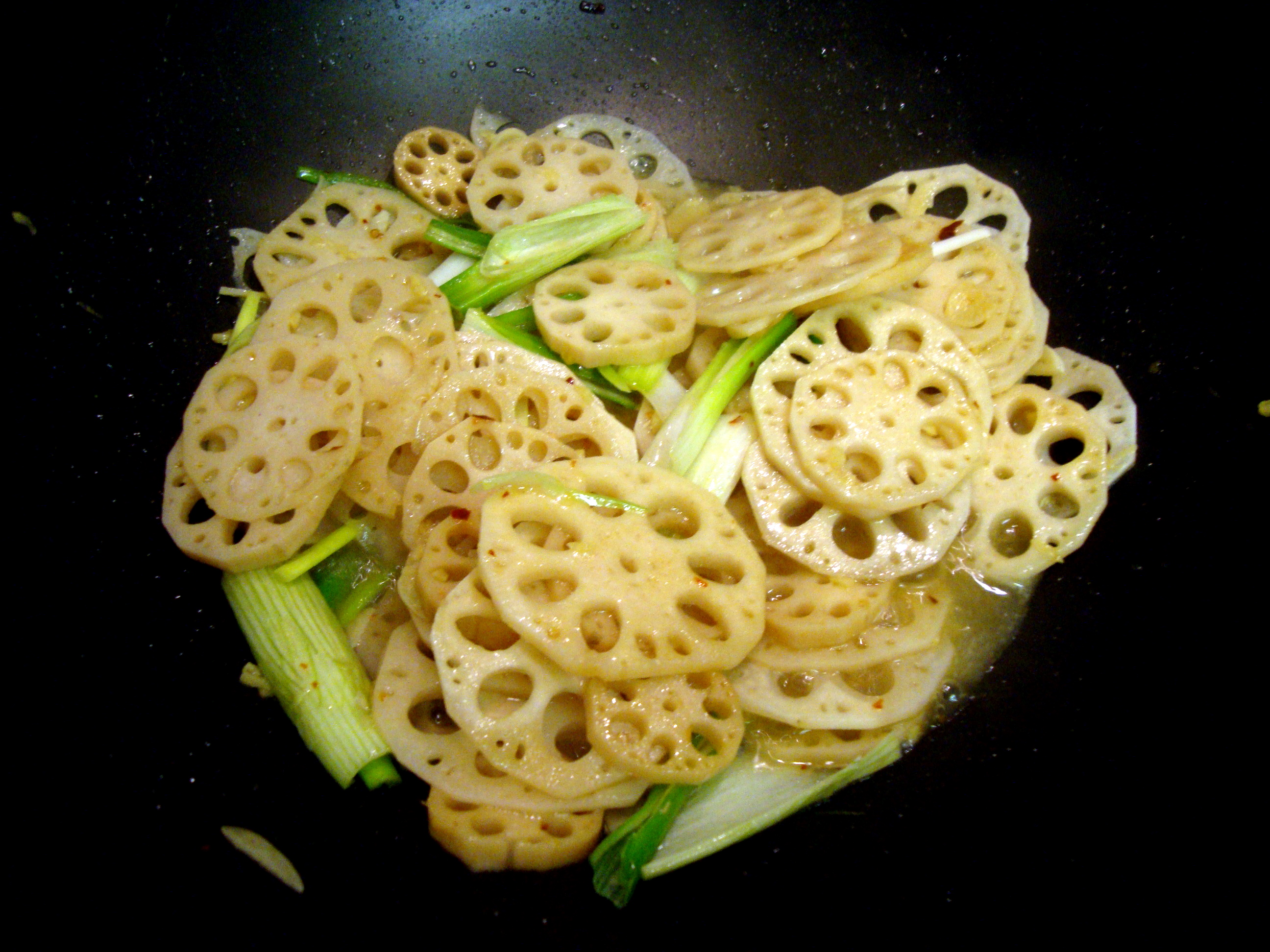Rinse mustard greens under cold running water and cut into 1/2" slices for quick and even cooking.
To get the most health benefits from mustard greens, we recommend letting them sit for a minimum of 5 minutes before cooking. Sprinkling with lemon juice before letting them sit may be able to help activate their myrosinase enzymes and increase formation of beneficial isothiocyanates in the greens.
Cooked Mustard green V/s Daily Nutrients
- 1kg of Mustard green = 150kcal.
- 1kg of Mustard green = 22.6g of Protein.
- 27.1kg of Mustard green = 65g of Total Fat.
- 14.3kg of Mustard green = 300g of Total Carbohydrate.
- 1.3kg of Mustard green = 25g of Dietary Fiber.
- 166.7kg of Mustard green = 20g of Saturated Fat.
- 190g of Mustard green = 12000IU of Vitamin A.
- 1.9kg of Mustard green = 22.5mg of Vitamin E.
- 27g of Mustard green = 80mcgs of Vitamin K.
- 375g of Mustard green = 95mg of Vitamin C.
- 3.7kg of Mustard green = 1.5mg of Vitamin B1.
- 2.7kg of Mustard green = 1.7mg of Vitamin B2.
- 4.6kg of Mustard green = 20mg of Vitamin B3.
- 8.3kg of Mustard green = 10mg of Vitamin B5.
- 2kg of Mustard green = 2mg of Vitamin B6.
- 822g of Mustard green = 600mcgs of Vitamin B9.
- 1.4kg of Mustard green = 1000mg of Calcium.
- 2.8kg of Mustard green = 420mg of Magnesium.
- 2.4kg of Mustard green = 1000mg of Phosphorus.
- 1.7kg of Mustard green = 3500mg of Potassium.
- 15kg of Mustard green = 2400mg of Sodium.
- 3.6kg of Mustard green = 3mg of Copper.
- 2.6kg of Mustard green = 18mg of Iron.
- 1.8kg of Mustard green = 5mg of Manganese.
- 11.7kg of Mustard green = 70mcgs of Selenium.
- 13.6kg of Mustard green = 15mg of Zinc.
Health Benefits Mustard green (Cooked)

It is very rich in Vitamin K, Vitamin A & Vitamin C. It is good in Vitamin B9, E, B6, Ca, Mn, K, Dietary fiber etc.



